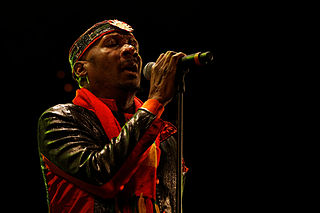A Quote by John Dewey
Teachers are the agents through which knowledge and skills are communicated and rules of conduct enforced.
Related Quotes
Classroom teachers can play an active role in instructing children about appropriate conduct online, even where there is no school policy on the issue. By promoting public discussion about their lives on the Internet, teachers and students can work together to share advice and develop 'rules to type by' or similar Internet-minded guidance.
Now, I’m not saying that we don’t need rules in society. But the question of who makes the rules and on what basis becomes supremely important. Will the rule-making flow from the matrix of voluntary exchange based on the ethic of serving others through private enterprise? Or will the rules be made and enforced by people wearing guns and bulletproof vests with a license to shock or kill based on minor annoyances?
My own view is that the Churches should frankly recognise that the majority of the British people are not Christians and, therefore, cannot be expected to live Christian lives. There ought to be two distinct kinds of marriage: one governed by the State with rules enforced on all citizens, the other governed by the Church with rules enforced by her on her own members." --about the only statement i agree with in this book
Confronted with such a variety most philosophers try to establish one approach to the exclusion of all others. As far as they are concerned there can only be one true way- and they want to find it. Thus normative philosophers argue that knowledge is a result of the application of certain rules, they propose rules which in their opinion constitute knowledge and reject what clashes with them.
If we keep the path of virtue undefiled through devout and true knowledge, and do not deviate to either side, we will experience the advent of God revealed to us because of our dispassion. For 'I will sing a psalm and in a pure path I will understand when Thou wilt come to me' (cf. Ps. 101:1-2). The psalm stands for virtuous conduct; understanding indicates the spiritual knowledge, gained through virtue, by means of which we perceive God's advent, when we wait for the Lord vigilant in the virtues.








































